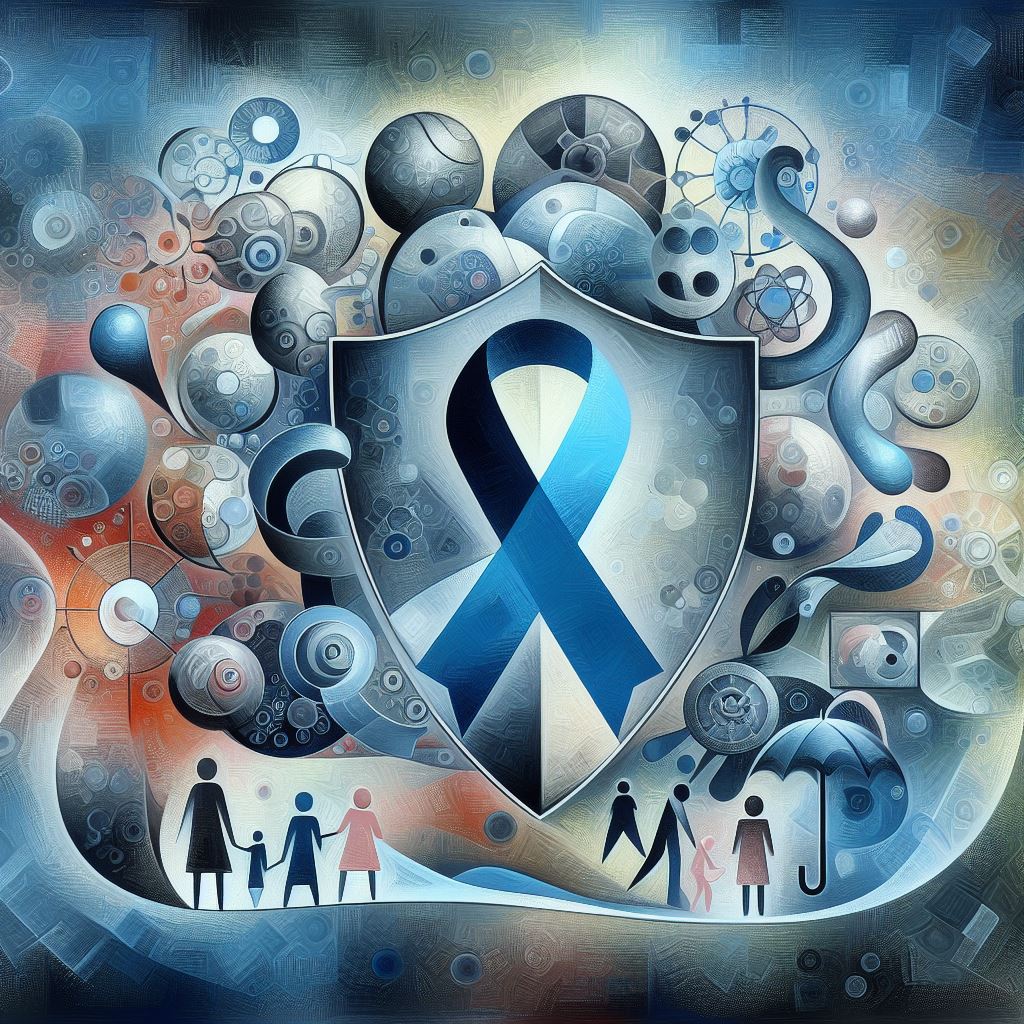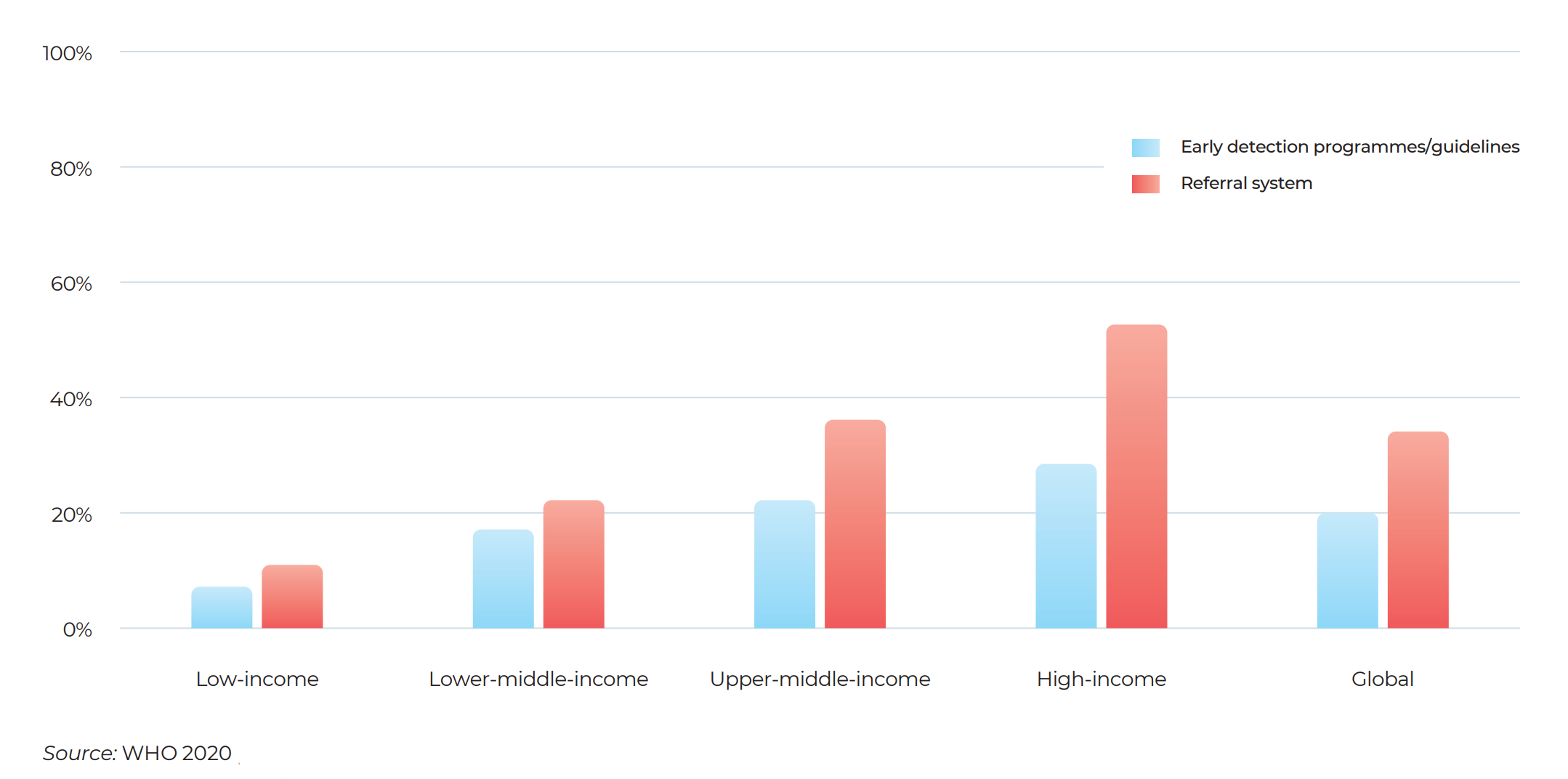
Introduction:
On International Childhood Cancer Day 2024, we take this opportunity to highlight the significant contribution that parents, family physicians, and paediatricians make to the early detection of cancers in children. On a daily basis, childhood cancer affects some of the most vulnerable communities. Globally the focus is shifting more and more towards the importance of early detection. The survival rates of children with cancer vary dramatically between high-income and low- to middle-income countries.
The Global Childhood Cancer Burden
Every day, over 1000 children worldwide are diagnosed with cancer. In high-income countries, advancements in medical technology have led to survival rates exceeding 80%. However, in some low- and middle-income countries, only about 20% of children diagnosed with cancer survive. Not only does the enhancement of cancer care for children present a significant opportunity to save lives and alleviate suffering, but it also has the potential to accelerate the development of a cancer control program that is more inclusive and to demonstrate success in the larger child health and noncommunicable disease (NCD) agenda.
The WHO’s Global Initiative for Childhood Cancer Survival Gap
In 2018, the World Health Organisation (WHO) together with St. Jude Children’s Research Hospital and other global partners launched the Global Initiative for Childhood Cancer (GICC). This initiative aims to bridge the childhood cancer survival gap by 2030. Ensuring at least 60% of children with cancer worldwide survive their diagnosis. Through the utilisation of the CureAll framework as the coordinated operational strategy, the Initiative functions to bring together stakeholders from a variety of sectors in order to achieve a common objective.
The Role and Impact of Parents
Parents play a critical role in early detection of childhood cancer. Early detection requires identification of signs and symptoms in young children who may not be able to express them. Parents must be aware of these signals to ensure timely diagnosis and staging. Knowing the early signs and symptoms of specific cancers and being vigilant could potentially save a child’s life.

system for suspected childhood cancer cases, by World Bank income group, 2019
The Fight Against Childhood Cancers
Many low- and middle-income countries still struggle with early diagnosis and treatment of childhood cancer. Recent data shows that only 20% of nations globally report having early detection programs or guidelines to enhance early diagnosis of childhood cancer symptoms at primary care level (Figure 1). There is a clear need for a more accessible and well-defined referral system for suspected childhood cancer cases. This system should span from primary care to intermediate and tertiary care. This system, unfortunately, is only in place in one third of the globe.
Conclusion:
International Childhood Cancer Day is an opportunity for us all to contribute to a future where every child, irrespective of their birthplace, has the chance to live a healthy life. It’s not just about raising awareness; it’s a call to action for everyone to join the fight against childhood cancer. There is no way to understate the importance of raising awareness and educating people, particularly parents, about childhood cancer.
